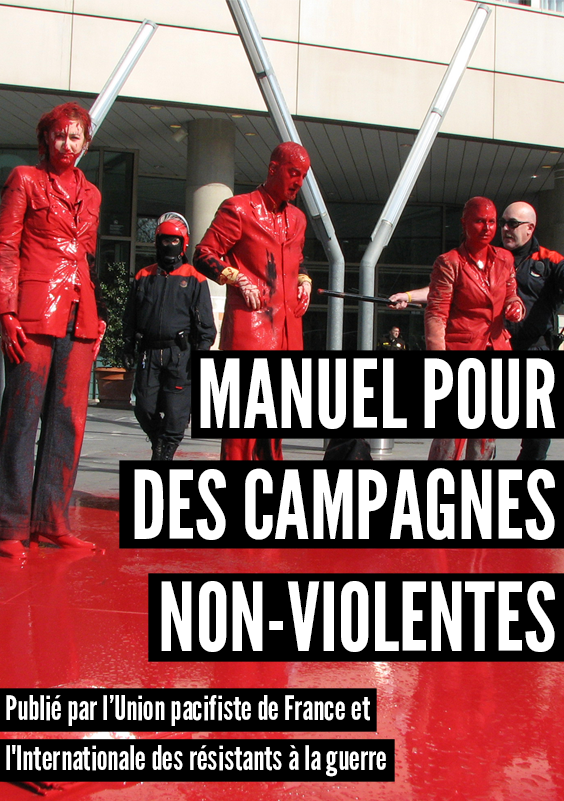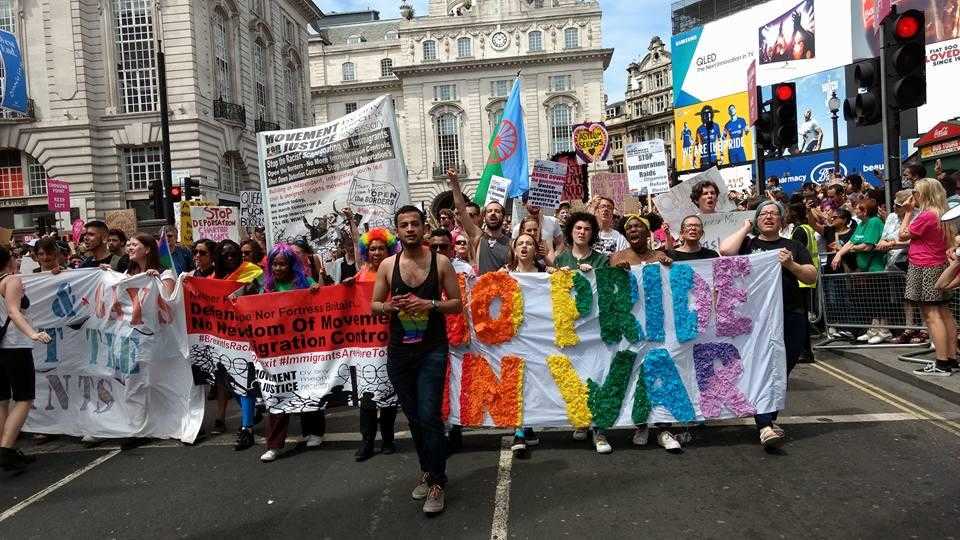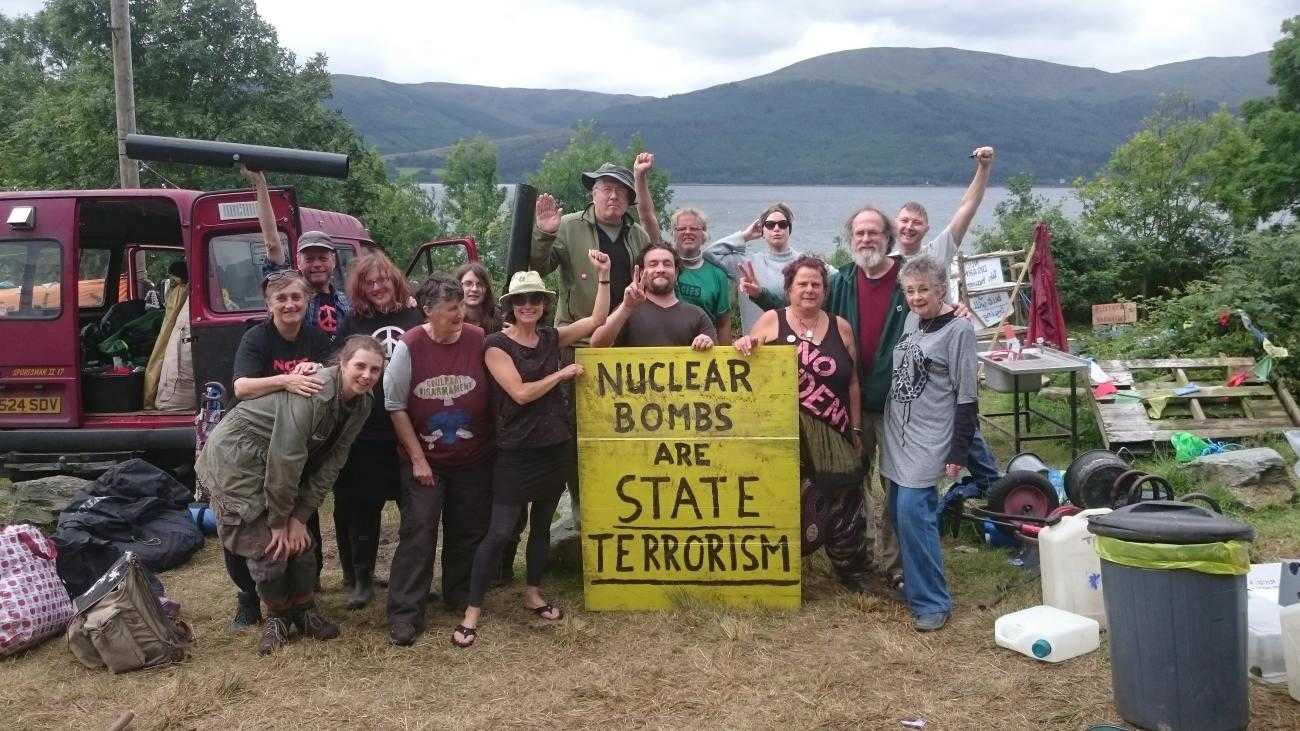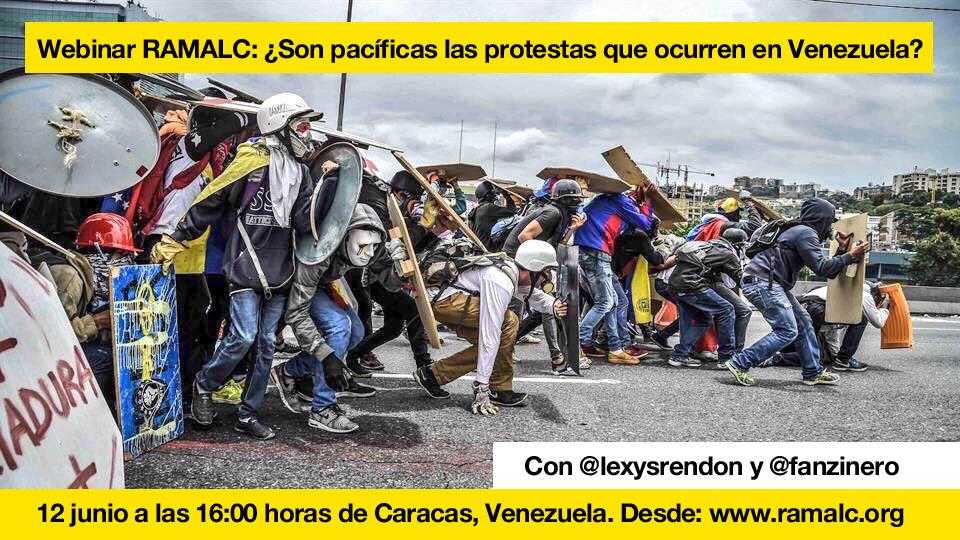War Resisters' Stories: July
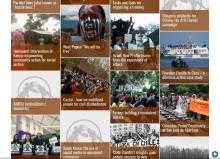
Issue number
46
July 2017
Empowering Nonviolence launched!
Empowering Nonviolence is a project of War Resisters' International's Nonviolence Programme, offering campaigning resources and nonviolence training to grassroots activists around the world in several languages. Radical social change doesn't “just happen”; change happens when committed people take action together in ways that are effective and strategic. Empowering Nonviolence makes our resources available online, for free, to help activists build stronger, more powerful campaigns. Visit www.nonviolence.wri-irg.org to find out more.
